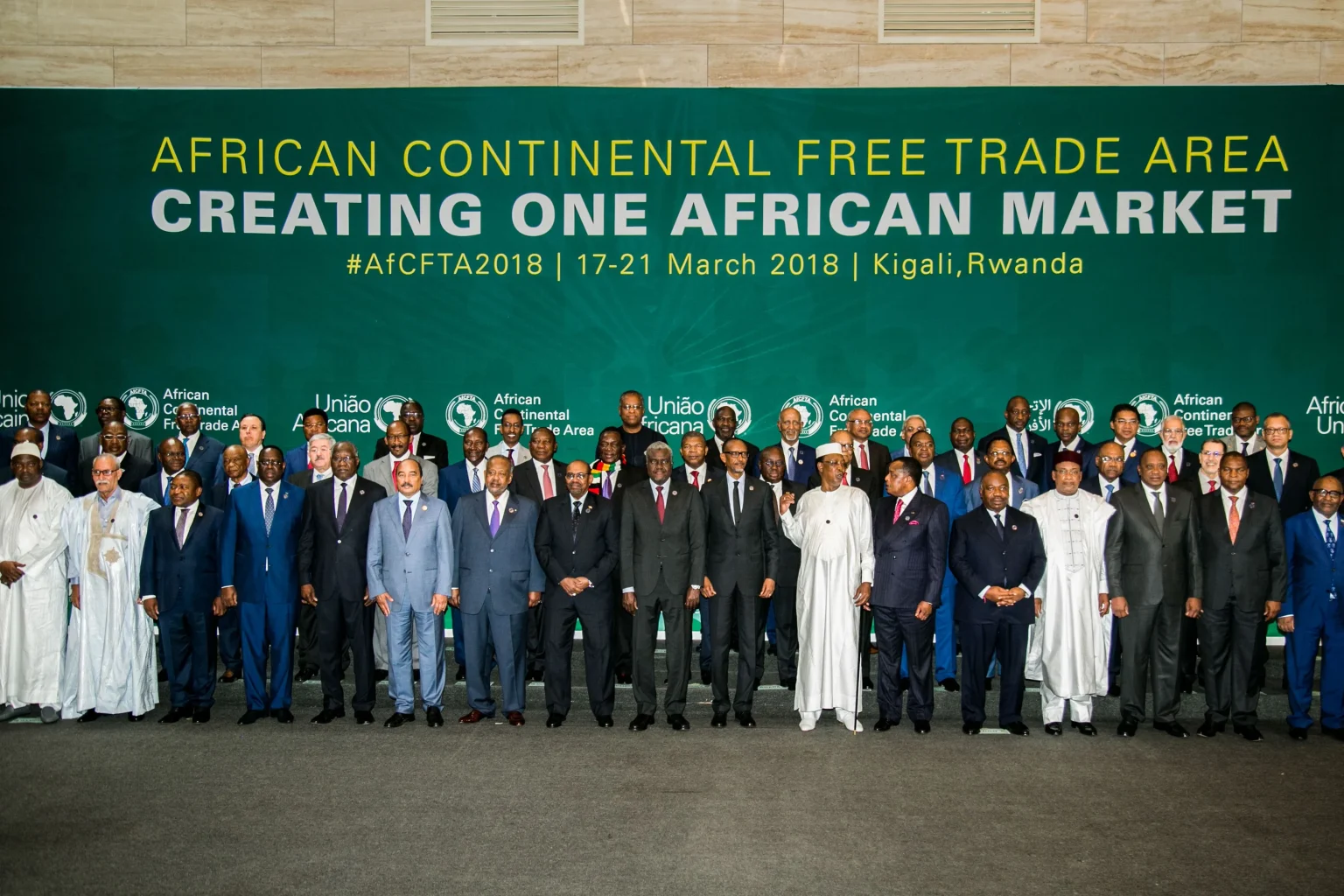World’s most extensive free trade zone
The African Continental Free Trade Area (AfCFTA) agreement establishes the world’s most extensive free trade zone. AfCFTA brings together 1.3 billion people from 55 countries, with a total GDP of US$3.4 trillion. The trade agreement has the potential to raise 30 million people out of extreme poverty. However, realizing its full potential would require participating countries to implement significant policy changes and trade facilitation measures.
ALSO READ: Enhancing intra-African trade will heighten economic recovery and promote food security
The trade agreement creates a contemporary Africa that is not depleting her natural riches to sell to foreign markets but rather industrializing her economy, nurturing the entrepreneurial energy of her expanding young population, and providing a better living for her people, a dream whose time has come.
AfCFTA aspires to use commerce as a growth and development engine. It is more than a promise to lower tariffs, reduce red tape, and streamline customs procedures. It is a once-in-a-lifetime chance to construct an integrated, continent-wide market and a critical step toward establishing an economically thriving continent.
Market consolidation and value chain integration
A unified African market with fewer entry barriers and more regulatory convergence is expected to attract foreign investment from both inside the continent and beyond. In turn, FDI would generate employment and attract superior technology and talent. Foreign investment, when handled properly, may help nations integrate into regional and global value chains by building local competencies and forging links. Directing FDI into export-oriented manufacturing and services and developing upstream value-chain activities might assist Africa in reducing its reliance on natural resource exports and sensitivity to commodity price swings.
Greater FDI via deep integration may boost Africa’s exports by up to 32% by 2035, with intra-Africa exports increasing by 109%, particularly in the manufactured products sector.
The AfCFTA will result in higher-paying, higher-quality employment. However, all segments of society may not enjoy the profits of trade facilitation and liberalization equitably. Thus, State parties must make genuine efforts to address significant problems and hazards while also implementing domestic policy changes.
African nations must look outside their home markets to build their economies and assist their people in rising on the wealth ladder. Given the benefits of proximity, trading among neighbours should afford some of the finest opportunities for economic progress. Nonetheless, African nations today trade more with the rest of the globe than with one another.
In reality, when it comes to cross-border trade facilitation, Africa’s intraregional boundaries are among the most restrictive in the world. These expenditures are often the result of arduous regulatory processes and inadequate infrastructure, transportation, and logistics. Reducing them would stimulate the critical flows of commodities, services, money, and people for development.
According to experts, economic benefits from trade liberalization measures alone might total US$292 billion by 2035.
Policy changes crucial towards leveraging AfCFTA gains
Participating countries must concentrate on the significant role in removing the obstacles that hamper economic progress. Nations must establish clear laws to encourage entrepreneurship and cross-border investment while ensuring that markets operate fairly and effectively.
Africa has already tried regional integration, with many accords covering various subregions. The depth of political will, geographical and policy scope, and the structuring of all current regional economies under a single regulatory umbrella with a dispute resolution system to assure compliance and enforcement of obligations distinguish the AfCFTA. This is a historic pledge, indicating that each member state desires to adopt an international trade and investment system based on rules.
Countries must now make concrete pledges under the AfCFTA legislative documents they have pledged to adopt. Other critical areas of the deal are still being discussed, including investment, competition policy, intellectual property rights, digital trade, and youth and women in business.
Looking beyond politics to enhance trade
The AfCFTA cannot be solely a political discussion. Building public and grassroots support for the accord will be critical as discussions advance. At each stage of the discussions and implementation, state parties should interact with a critical mass of the business community across sectors, including micro, small, and medium-sized businesses.
Participation of the business community will assist small businesses in adequately using the AfCFTA to produce economic opportunities and employment. The successful completion of the discussions is the critical first step. The content, organization, and level of commitment in each issue area are essential to achieving the goals.
However, effectiveness will need to move beyond a book of rules and disciplines. State parties must agree to include pro-competitive elements for Africa in the AfCFTA agreement. The agreement sends the proper signals to traders and investors.
It is critical to strengthen a professional, independent supervision secretariat to make the AfCFTA agreement’s promise a reality. A strong secretariat can assist states in developing strong domestic institutions to administer, monitor, and enforce the AfCFTA. The moment for change has arrived. The conventional development models have failed Africa. The AfCFTA, on the other hand, signifies that Africa is open for business and is ready for trade facilitation.
